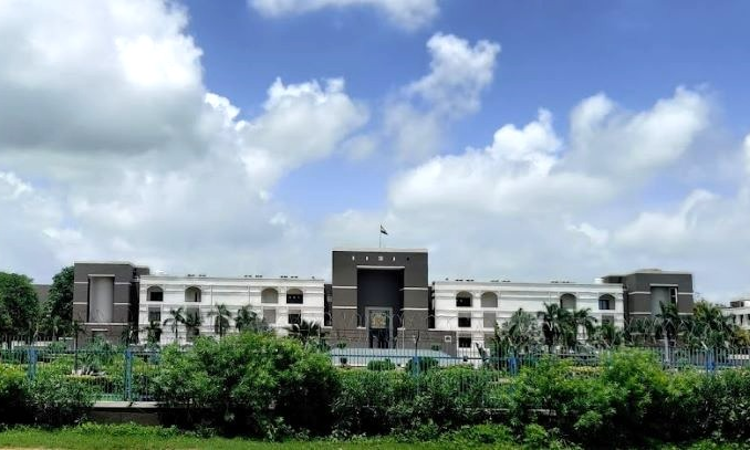Reassessment Powers Could Not Be used For Reverification Or For A Rowing Inquiry: Gujarat High Court
Mariya Paliwala
23 Nov 2022 6:00 PM IST

Next Story
23 Nov 2022 6:00 PM IST
The Gujarat High Court has held that the reassessment powers could not be exercised either for the purpose of reverification or to have a merry sailing for a rowing inquiry.The division bench of Justice N.V. Anjaria and Justice Bhargav D. Karia has observed that the assessing officer wanted to undertake a fishing inquiry in relation to an issue about which he had already solicited information...
